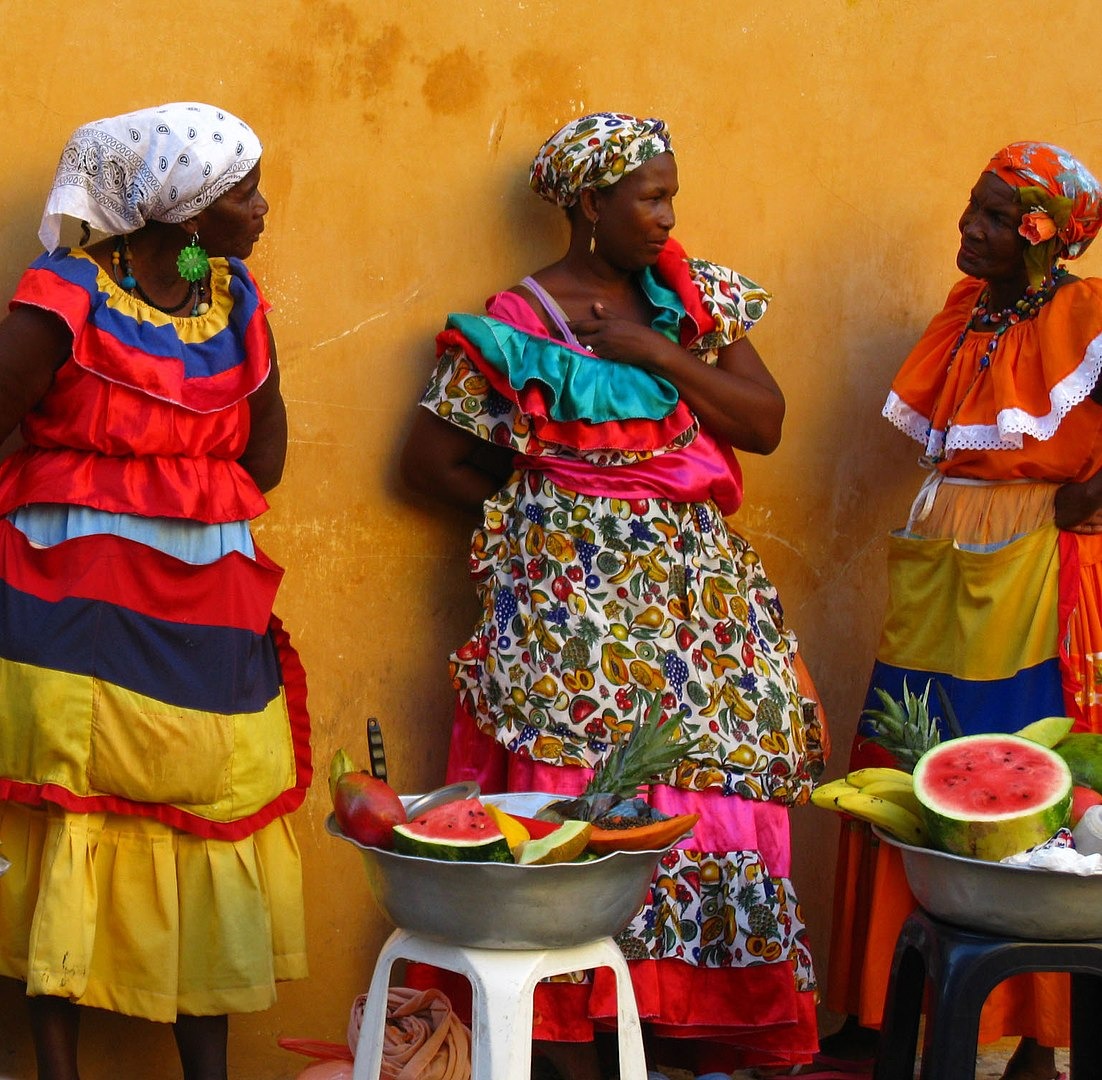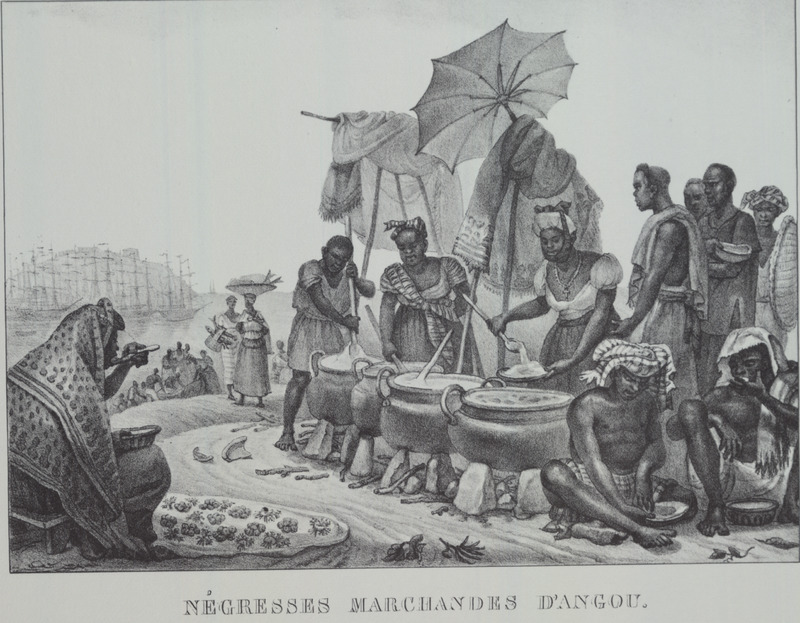SOCIAL, ECONOMIC, CULTURAL, INTELLECTUAL SIGNIFICANCE
The integration of vast quantities of primary source materials using an innovative methodology will enable a reconstruction of a major theme in modern history – the role of slavery in a trans-national and trans-Atlantic context. Given the United Nations International Decade for People of African Descent (2015-2024), we think this research project is especially timely and coincides with the objectives of the UNESCO Slave Route Project: Resistance, Liberty, Heritage. As the public is grappling with issues concerning anti-Black racism and global inequalities, a study of identity in Global Africa can address the impact of slavery in the development of the modern world and the legacy that continues to shape contemporary society through racism and discrimination.
Through our websites, social media formats, and publications, we will provide access to open source content for academic and non-academic audiences that will assist in searching historical records of the slave trade and document the origins of people. The deconstruction of patterns in the slave trade in relation to ethnonyms will have implications for the study of the demographic and social history of slavery, both in West Africa and in the diasporas of the Americas and Muslim regions of North Africa and the Middle East. Identity in Global Africa is conceived as a seven-year project during which the research team will draw on a platform for storing big data of primary sources and other materials which in combination can be used to reconstruct the life stories of individuals and depict complex situations with reduced methodological problems.
During the grant period, our objectives are:
(1) To sustain a collaborative transnational research network to address social challenges faced on both sides of the Atlantic in terms of data collection on slavery in a global space;(2) To consolidate our method for an online open source relational databases that highlight biographies, ethnonyms, physical markers and other elements of identity;(3)To use the new knowledge from database analysis to confront social injustice and ultimately to eliminate racism by spreading knowledge.
Recent achievements in database construction clearly prove that research on slavery is particularly amenable to collaborative engagement that is international in scope and that involves big data in complex formats and several languages. Transnational networks of scholars are well established in social sciences and humanities research on the slave trade. While scholarly expertise on slavery is widely scattered, in part because slavery was a global phenomenon, which effectively has promoted networks, we aim to sustain a social and intellectual network that utilizes the team’s scholarly expertise and draws on its various specializations. The slave trade was rarely limited to one country or single population. Instead people were transferred across national borders establishing a global relationship between colonial territories and colonized people incorporated through slavery.

Vendedoras de frutas en Cartagena de Indias, Colombia.
Date: 4 January 2008, 16:58:05, Source: originally posted to Flickr as Palenqueras al natural (Author: Luz A. Villa)
Image Source
SCHOLARLY IMPACT OF THE PROJECT
The most important intellectual impact will be exploring ethnonyms with a methodology for creating new knowledge of the slave trade through the Project’s focus on the lived experiences of individuals during the era of slavery circa 1500-1867. The intellectual impact will be measured through publications, website development, involvement in professional associations and teaching. The Project requires trans-Atlantic collaboration in developing a common data pool that will enhance analysis of the historical context of slavery and the slave trade in West Africa and the Atlantic and Islamic worlds, and the legacy of this history.
The Project will facilitate the study of ethnic, religious, gender and age factors in the history of the people of African descent that centres West Africa in historical reconstruction. Moreover, the adoption of a research method based on digital technologies will enhance accessibility for scholars, students and the general public and will release vast quantities of primary source materials, whose access hitherto has been severely limited and thereby has slowed scholarly access and dissemination of new knowledge. The team will development a handbook on identities that will be published in English, French, Spanish and Portuguese to facilitate access to all the countries of Africa, the Americas and much of western Europe.
SOCIETAL AND SOCIAL IMPACT OF THE PROJECT
The cultural outcome of the Project relates to a better understanding of how the contemporary world arose from a past that was heavily associated with slavery. The shame of the slave experiences has cultural implications in distorting the role of Africa in the development of the modern world and thereby reinforcing a legacy of racism. Because students will be fully integrated into the research, the Project assures excellent training and skill development in database construction and analysis not only for the students who are immediately involved but also through a ripple effect to other students through teaching and individual access.
Undergraduate participation, based on past experience, produces well qualified applicants for graduate school, while the use of Project materials in teaching exposes students to new knowledge and skill development. The Project website will promote public discussion based on scholarly research and analysis through user friendly technologies. An Ethnonym Handbook in the key languages will be an important reference tool that can be online as well as in book form. Moreover, we envision an enriched public discourse on matters of slavery and the history of people of African descent. The Project is informed by the aims and outreach promoted by the United Nations, the UNESCO Slave Route Project and educational institutions that the history and legacy of slavery not be forgotten because slavery is and was a crime against humanity.

